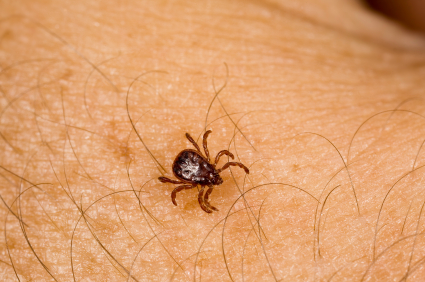Fleas & Ticks FAQ

Answers to Frequently Asked Flea and Tick Questions From Our Scarsdale Vet Clinic

Pet owners can feel completely at a loss when their beloved animals are struggling against fleas and ticks. Here are the answers to some frequently asked questions about this concern from our Scarsdale vet clinic.
- When and where do fleas and ticks thrive? Fleas and ticks can thrive whenever and whenever temperatures are reasonably warm. While this makes them especially bothersome in the summertime, keep in mind that they can throve in a climate-controlled home regardless of outdoor conditions. These pests like to hide in tall grass, shrubbery, wooded areas or even sand.
- What diseases can be spread to my pet by fleas? Fleas can spread haemobartonellosis, cat scratch disease (CSD) and even the plague to your pet. Fleas also transfer tapeworms through their bite, creating parasitic infestation of the digestive tract.
- What diseases can be spread to my pet by ticks? Ticks can give your pet Rocky Mountain spotted fever, ehrlichiois, Lyme disease, canine anaplasmosis (“dog tick fever”), haemobartonellosis and several other dangerous diseases.
- How can the actual bites affect host animals’ health? In addition to transmitting diseases into the bloodstream, flea and tick bites may also cause a skin reaction called allergic dermatitis. The raised, itchy areas prompt your pet to lick, bite or scratch at them until the skin is broken and bacteria enters, causing infection. Severe flea infestations in a very young, old, small or sick animal cause such anemia or even death from blood loss.
- How do flea and tick treatments kill these pests? Some flea and tick treatments target the neuroreceptors of adult fleas and ticks with enough force to kill these pests without harming the host. Other treatments focus on killing the eggs and larvae. Your pet may need a combination of treatments to kill pests at various stages of development.
- How can my Scarsdale veterinarian protect my pet against pests all year round? Your Scarsdale veterinarian at Central Animal Hospital can put your pet on a regular program of preventative medication to keep fleas and ticks away from your pet. These preventatives may take the form of monthly chewable tablets, topical ointments or long-lasting flea collars.
- Which type of flea and tick preventative is best for my pet’s situation? The “best” flea and tick preventative is whichever one can be administered easily and harmlessly for the most effective protection. If your pet resists taking oral medicines, for example, we may recommend a collar. If your pet is allergic to flea collars, we may put him on topical medications. We will discuss the various options with you so you can make an informed choice. Since some preventatives work only on fleas or only on ticks, we may suggest a combination of preventatives.
Let Your Scarsdale Veterinarian Solve Your Pet’s Pest Problems
Call 914-723-1250 to schedule flea/tick treatment and prevention from your Scarsdale veterinarian. Central Animal Hospital has the answers!
